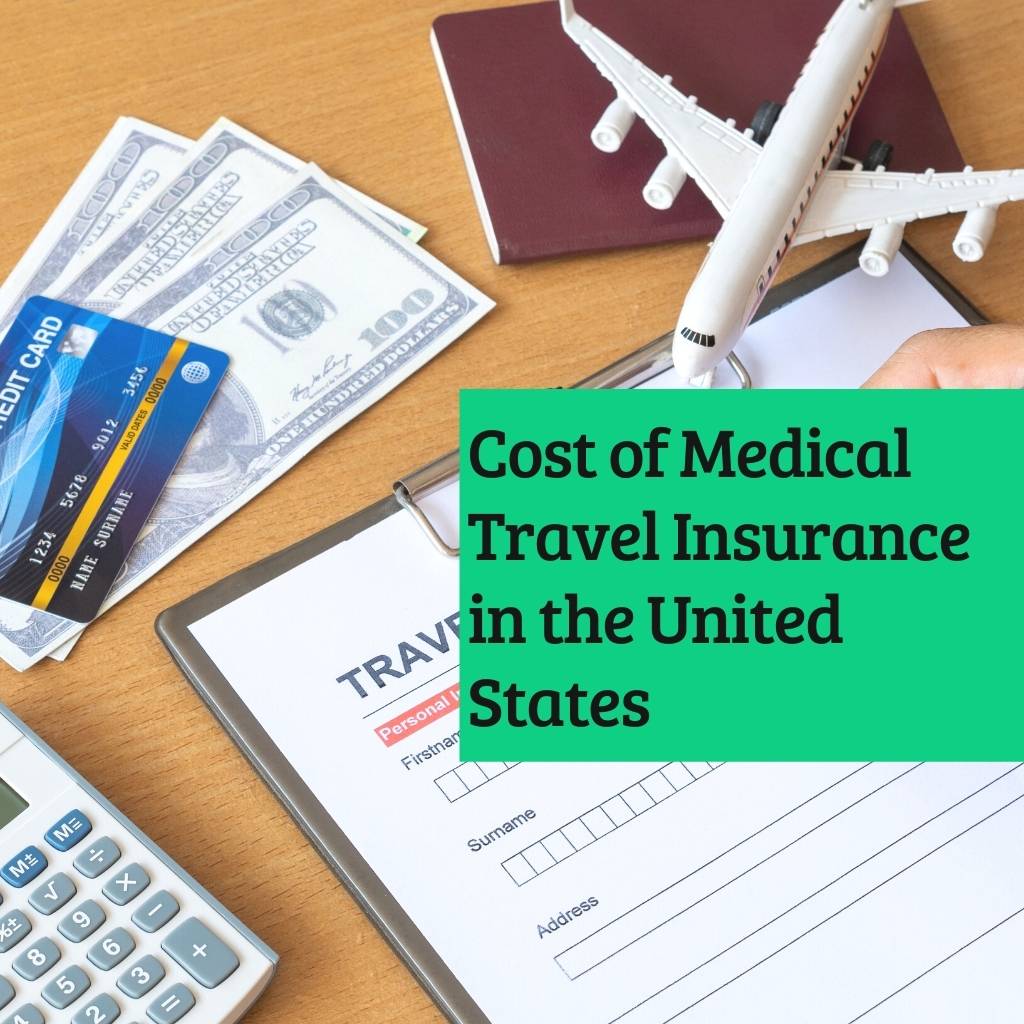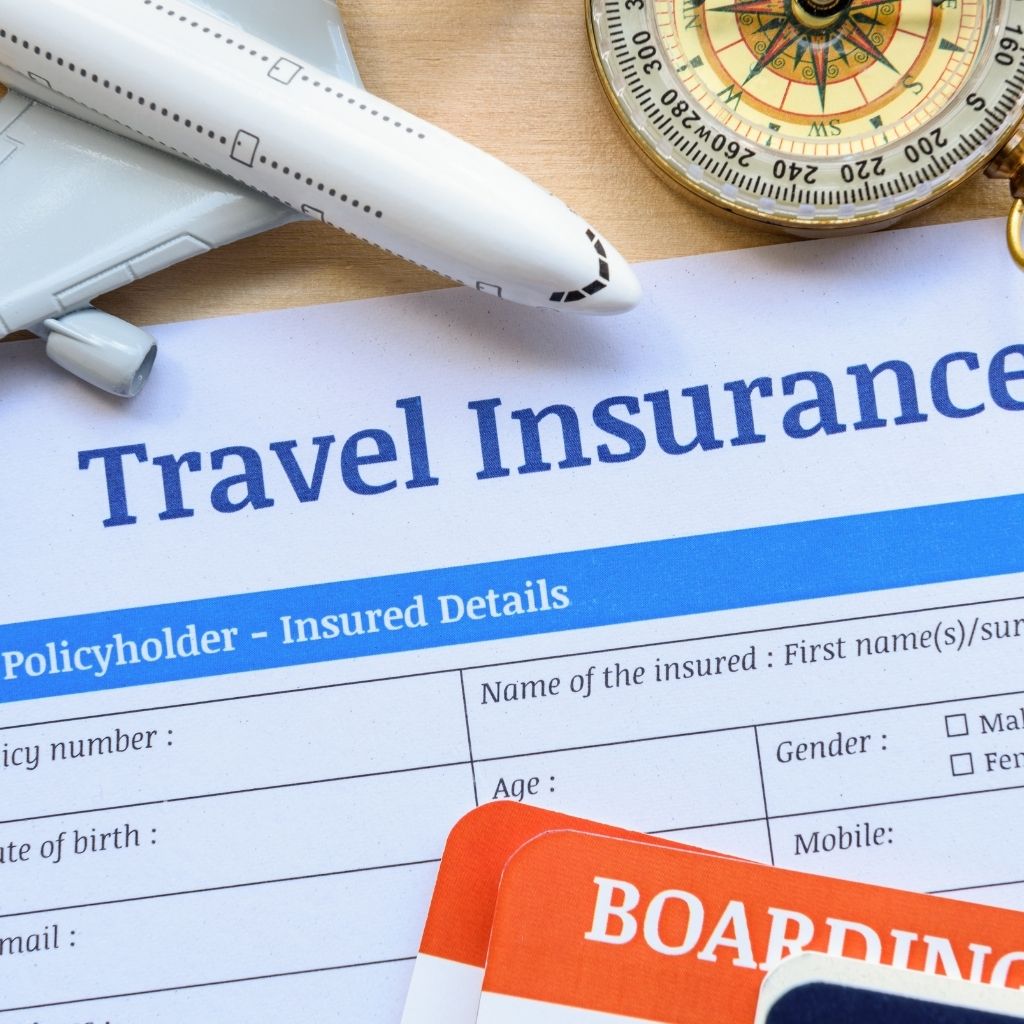When you’re traveling, the last thing you want to worry about is your health. That’s why it’s important to have a reliable travel health insurance plan in place before you go. A good plan will provide you with the coverage you need in case of an emergency so that you can relax and enjoy your trip without worrying about your health.

But how do you choose the right plan? There are a lot of factors to consider, and it can be difficult to know where to start. That’s why I’ve put together this article – to help you figure out what to look for when choosing a travel health insurance plan. So read on for my tips!
1. What to look for in a travel health insurance plan
When choosing a travel health insurance plan, it’s important to think about what you need. What will you be using the plan for? Do you travel for leisure or business? Are you going on a short or long trip? Do you wear a medical bracelet or travel with medication as extra precautions? You should also know what happens if you travel without an insurance.

All of these things will affect what type of plan is best for you. Here are some things to look for in a travel health insurance plan:
- Coverage – Make sure that the plan covers all of the activities that you will be doing on your trip. Make a list of all of the activities you will be doing on your trip, and research what type of coverage those activities will need for you to feel safe. EKTA, for instance, provides travel insurance for all extreme activities, including rafting, base jumping, extreme cycling, and more.
- Deductible – Understanding the deductible in your insurance policy is crucial. The amount represents the portion of eligible medical expenses that the insured individual must pay before the insurance coverage kicks in.
- Co-pay – A co-pay is the portion of medical expenses that the insured individual is responsible for after the deductible is met. There are different types of policies, with some offering split ratios of 80:20 or 75:25, while others have a co-pay structure of 100:0, though at a higher rate.
- Lifestyle – Are you going on a long vacation or a short business stay? If you’re staying in one place for a long time, you may be able to take advantage of local healthcare which may be cheaper than having an international plan.
- Age – Some travel insurance plans have age limits. Check to see if the plan you want covers anyone under a certain age and if it does how much extra it will cost for them to be added as well as their coverage.
- Pre-existing conditions – Some companies do not cover pre-existing medical conditions; check that the travel health insurance plan you are considering does. This is especially important if you have a chronic illness that could become problematic during your trip.
- Coverage extensions – Some travel health insurance plans offer coverage for longer stays or shorter trips, or they will let you extend your existing coverage before it expires.
2. How much does travel health insurance cost?
When choosing a travel health insurance plan, remember that there is no standard cost that you can use to compare plans. For example, some companies cap the maximum amount of money they will pay for any one incident while others don’t have a limit. I recommend comparing several different travel health insurance plans so that you can find the best value for your needs.
You may also like to read – Is Travel Insurance Compulsory for Traveling Abroad?
3. What is covered by travel health insurance?
As you are researching different travel health insurance plans, make sure that they cover all of the activities you will be doing on your trip. Here are some common things to confirm:
- Medical treatment – This includes any costs associated with preventing, diagnosing, or treating an illness or injury.
- Prescription medication – The travel health insurance plan must cover prescription medicines. Many travelers are unaware of this fact.
- Repatriation costs – This means the cost of returning a sick or injured person from their current location to their home country. In other words, it covers the cost of getting home.
- Pre-existing conditions – The plan should cover any pre-existing medical conditions that arise while you are out of your home country.
- Illness/injury during travel preparation – This includes any illness or injury that is directly related to your travel preparation, such as surgery before a trip.
4. Final tips for choosing a travel health insurance plan
When looking for a travel health insurance plan, it’s important to keep in mind the following tips:
- Review the plan’s benefits and coverage carefully before purchasing.
- Choose a plan that covers your needs, including medical expenses, emergency services, and repatriation.
- Make sure the plan is valid in the countries you’ll be visiting.
- Read the fine print! Be aware of any exclusions or limitations.
- Does the company offer 24/7 emergency assistance? Some companies have this feature, which is especially useful if you are traveling in a remote area.
Conclusion
In conclusion, you will need to choose a plan that has the best coverage for your needs. The insurer must be reputable and licensed in your home country as well as the destination country. Be sure to check out all of these companies before deciding on one because prices can vary greatly from provider to provider. You may find a more affordable option by shopping around!
Disclaimer:
This blog may contain affiliate links. At no extra cost to you, we may get a small commission if you buy anything. All products and services we endorse have been personally used or come highly recommended to us. These incomes allow us to keep the community supported and ad-free.





Add a Comment